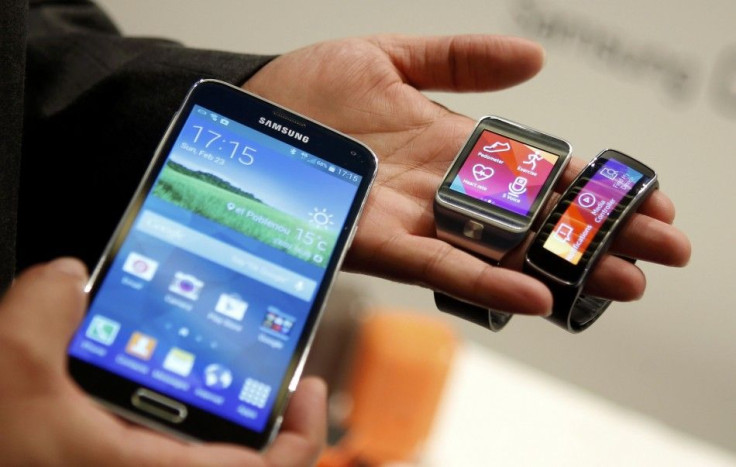Implants to Make Wearable Technology Obsolete? What Are These?

While Apple is currently working on its iWatch, Google marketing its Glass and Samsung figuring out how its recent graphene can breakthrough can be integrated for its future wearables, surfacing reports have suggested wearable technologies' heydays may not last long as expected due to the emergence of implant technology.
Technology within the body is starting to become available with scientists and researchers continuing to look for the newest innovations that can lift technology into a higher level. Wearable devices, like Samsung Gear Fit and Google Glass among others, have proven their numerous functionalities to make life for the people a little bit easier.
But there is something more special with these technological implants. They are primarily starting to become substitute for gadgets and even used as alternative for non-functioning organ of the body. In an article by CNN, various gadgets for implants are highlighted and they can truly "enhance humans' natural abilities."
Here are a few implant technologies that transform human lives in several ways once impossible:
Headphone Implant - If bringing a headphone takes too much of a hassle, people can now implant magnets inside their ears to play music directly into their ear. Rich Lee from Utah is one of the "biohackers" or the people who try to put technology inside their body.
Password Pill and Digital Tattoo - The human body can be an authentication device. Thanks to a password pill and a digital tattoo which is on the works with Motorola, people can stop messing with their passwords to use their gadgets, open their cars, doors and other personal security locks.
Biostamps - The rise of the digital health revolution is unstoppable as people can now monitor their heart rate through smartphones and smartwatches. But these biostamps in the form of electronic tattoos are touted to make wonders in the medical scene. In a report by Forbes, these biostamps can collect electrical signals from the brain and monitor body temperature and heart rate.
The information taken from the human body will then be sent directly to the doctors. This will allow quicker recovery for post-operative patients by allowing them to be discharged from the hospital faster, but not jeopardizing medical monitoring.
These technologies show that the future of humanity may be a lot different in decades to come. In July 8-July 9, Wearable Technologies Conference 2014 USA will be held in San Francisco, California where the new wearables and innovating technologies will be discussed and launched.
Whether these implants can replace the wearables or the other way around, there is only one sure thing that technology is ever evolving and changes can affect how humans live their lives.
Related Posts:
Know More About Graphene: Samsung's Breakthrough Material For the Future of Wearables
Apple iWatch Release And Price Speculations Emerge Anew
Newest Qualcomm 64-bit Snapdragon 810 And 808 Features to Power 2015 Mobiles





















